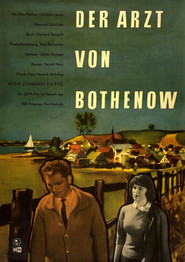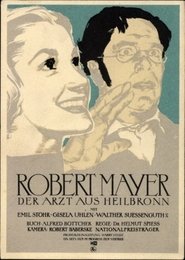detail profile fred mahr
Peran Yang Di Mainkan Fred Mahr
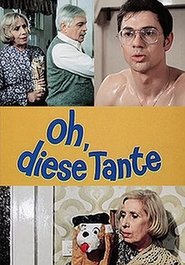 Heinz is a wellstocked veterinarian in...
Heinz is a wellstocked veterinarian in...Oh, diese Tante 1978
Heinz is a well-stocked veterinarian in Klückow and his Jana in quite firm, although not always present hands. And now - as Aunt Alma is slowly getting rid of the concern for her beloved nephew - Dr. Kröpelin finally got his chance: he makes a marriage proposal to Alma. She would not be averse if it had not been his "bloodthirsty" hobby, the hunt. A get-together on the high seat is still not a desirable prospect for Alma. But the more she refuses, the tighter Kröpelin bites into his intention to marry her anyway, whatever the cost.
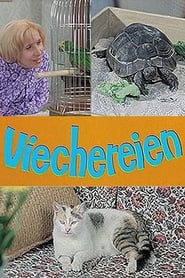 Alma Krause is the proud owner...
Alma Krause is the proud owner...Viechereien 1977
Alma Krause is the proud owner of a thoroughbred French bully. Even otherwise, she nurses and harbors several two- and four-legged friends in her apartment - just as one would expect from a veterinarian's widow. Her nephew Heinz, on the other hand, is kind of beaten. Not as for the love of animals, that would fit badly to a nascent vet, but for a small animal practice, as the blessed uncle operated, he seems to have no ambitions. A future as a "Bazillenscheuche" in the cowshed would like to spare him again Aunt Alma. And she takes her appropriate action.
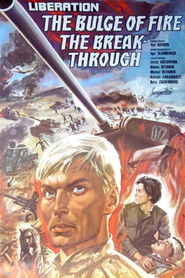 The Fiery Arc tells of a...
The Fiery Arc tells of a...Liberation: The Fire Bulge 1970
The "Fiery Arc" tells of a grandiose battle on the Kursk Bulge in the summer of 1943. Here was the largest tank battle in the history of World War II. Along with the personal fate of the heroes, the film shows battle scenes, the activities of headquarters and intelligence, those who worked at the front and in the rear.
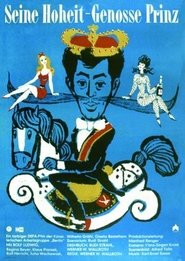 Kasper Mai an export merchant and...
Kasper Mai an export merchant and...Seine Hoheit – Genosse Prinz 1969
Kasper Mai, an export merchant and comrade with a “clean” record, discovers he is the prince of Hohenlohe-Liebenstein. His royal grandmother designates him as the heir to her estate. A private trip to her reveals that she does not want a NATO airbase built on her land. The GDR and his grandmother thus find a common interest, and a clever lawyer from the East works against other family members looking to settle their debts with the estate money.
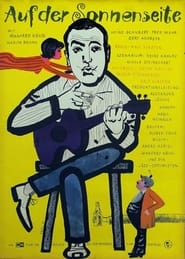 The story of the steel melter...
The story of the steel melter...Auf der Sonnenseite 1962
The story of the steel melter Martin Hoff, whose factory delegates him to a drama school, corresponds to the real life of the actor Manfred Krug. Like his (film) hero, Krug works as a steel melter, does artwork, sings and acts, and is sent to drama school. Like his hero, who behaves anarchically and conspicuously, Krug is soon expelled from school.
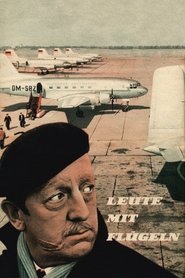 This film continues the story of...
This film continues the story of...People with Wings 1960
This film continues the story of radio operator Ludwig Bartuschek from “The Sailor’s Song”. Near the end of the Weimar Republic, Bartuschek (Erwin Geschonneck) is working as a mechanic in the Sperber airplane plant. Director Dehringer offers him the opportunity to train as an airplane constructor if he is willing to give up his communist beliefs under oath. Bartuschek will not allow himself to be bought and instead joins the underground resistance movement.
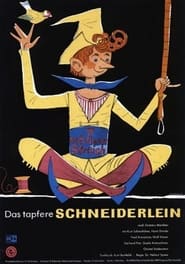 When Prince Vain got his shirt...
When Prince Vain got his shirt...The Brave Little Tailor 1956
When Prince Vain got his shirt fixed, he proclaims that he had slain two lizards in front of the tailor's house - "two in one strike". When the tailor swats seven flies at once, he sows himself a banner saying "seven in one strike", and together with his bird he starts a journey into the world to pronounce his deed.
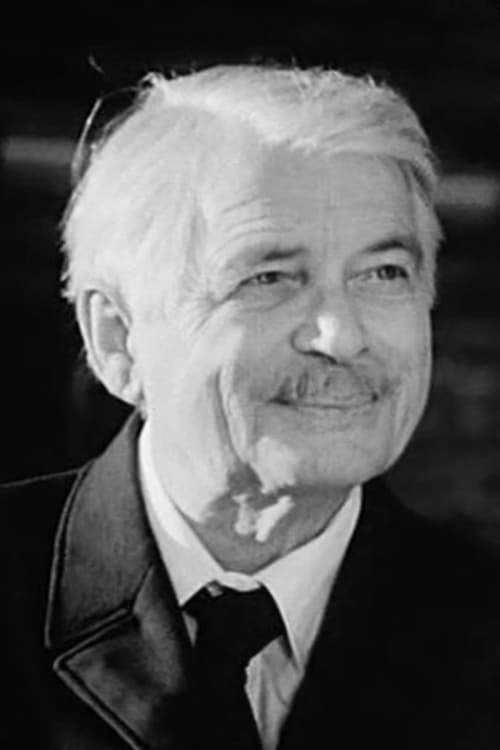
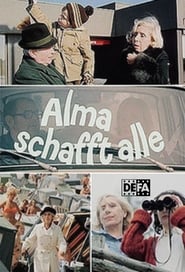
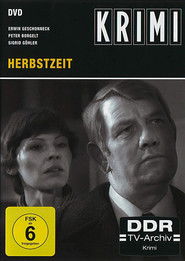
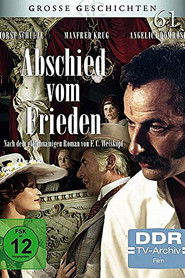
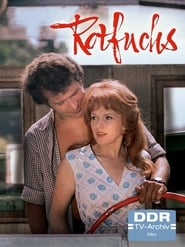
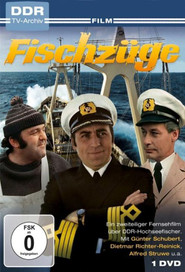
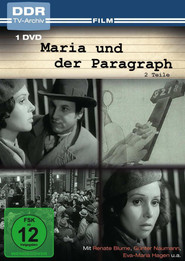
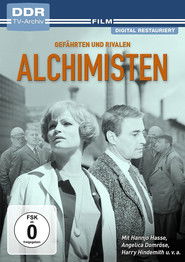
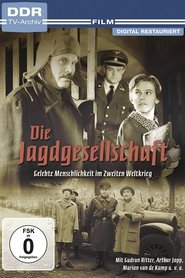
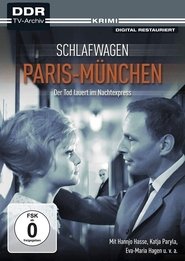
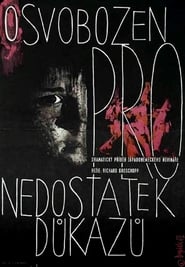 Film by Richard Groschopp
Film by Richard Groschopp